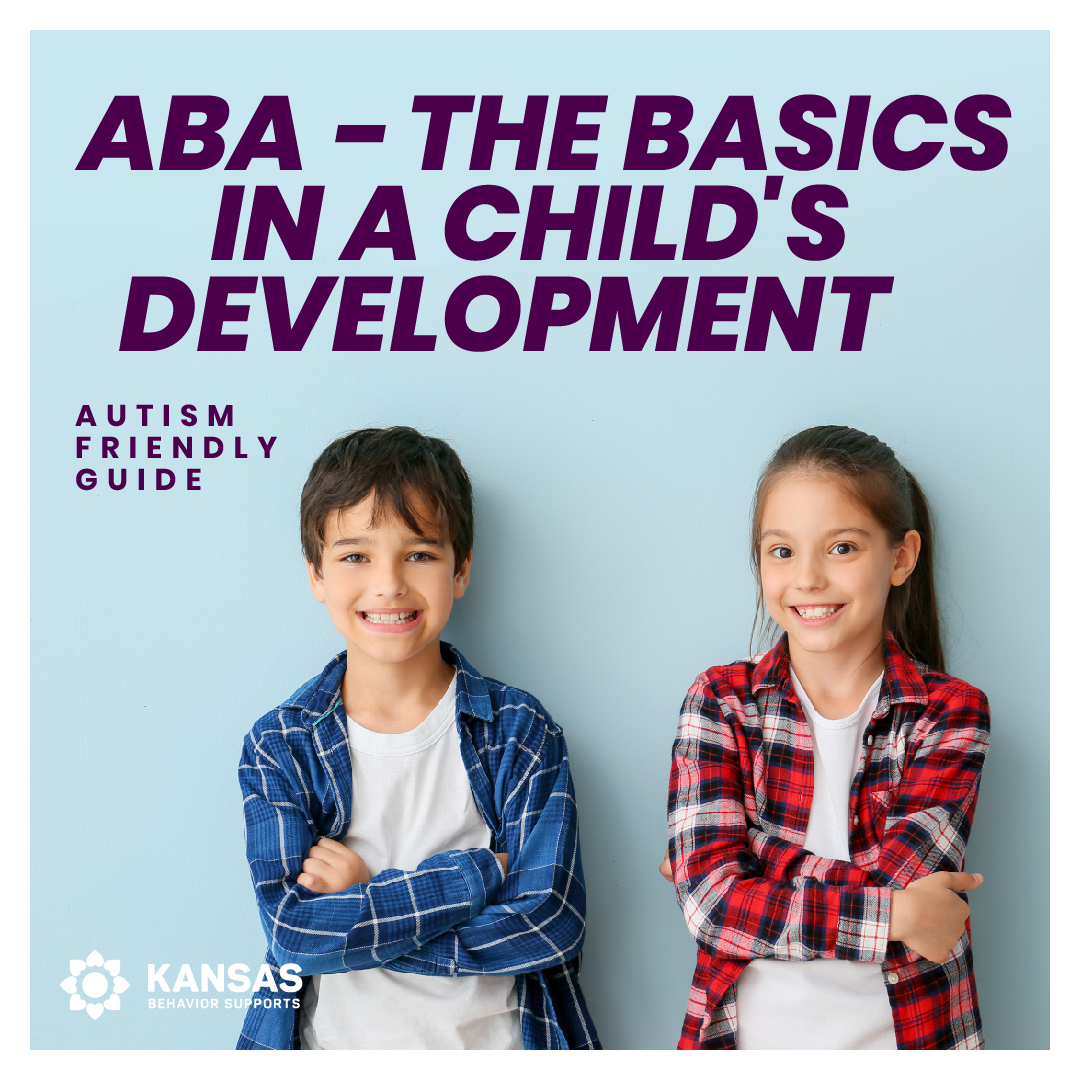Applied Behavior Analysis (ABA) is a scientific approach that uses behavior-based principles to improve socially significant behaviors. It involves analyzing the causes and consequences of behavior and using that information to develop strategies for teaching new skills or reducing problem behaviors. ABA is commonly used to teach children with autism spectrum disorder (ASD) and other developmental disorders. It has been shown to be highly effective in improving communication, social skills, and other important life skills in these children. ABA can also be used to help typically developing children learn new skills and behaviors.
Techniques
ABA uses a variety of techniques to teach new skills and behaviors. These techniques include:
Positive reinforcement
ABA uses positive reinforcement to reward desirable behaviors. This can be in the form of praise, tokens, or other rewards. By reinforcing desirable behaviors, ABA helps children learn new skills and behaviors.
Prompting
ABA uses prompting to help children learn new skills. This involves providing cues or hints to help the child learn the correct response. As the child becomes more proficient, the prompts gradually fade out.
Shaping
ABA uses shaping to help children learn complex behaviors. This involves breaking down the behavior into smaller, more manageable steps and gradually building up to the desired behavior.
Chaining
ABA uses chaining to help children learn complex sequences of behaviors. This involves breaking down the behavior into smaller steps and teaching each step separately before chaining them together.
Skills
ABA has been shown to be highly effective in improving a wide range of skills and behaviors in children. ABA can help children develop:
- language and communication skills, including speaking, listening, and understanding language.
- social skills, including making friends, sharing, and taking turns.
- self-help skills, including dressing, grooming, and feeding themselves.
- academic skills, including reading, writing, and math.
- problem-solving skills, including identifying problems, generating solutions, and evaluating the outcomes of their actions.
ABA is an important tool in helping children develop the skills and behaviors they need to succeed in life. It provides a solid foundation for a child's development and sets them on the path to a bright future.
- Central Kansas Office: 785-377-4744
- Kansas City Office: 913-225-9110
- Wichita Office: 316-400-3535
Click here to talk with
a Care Specialist








